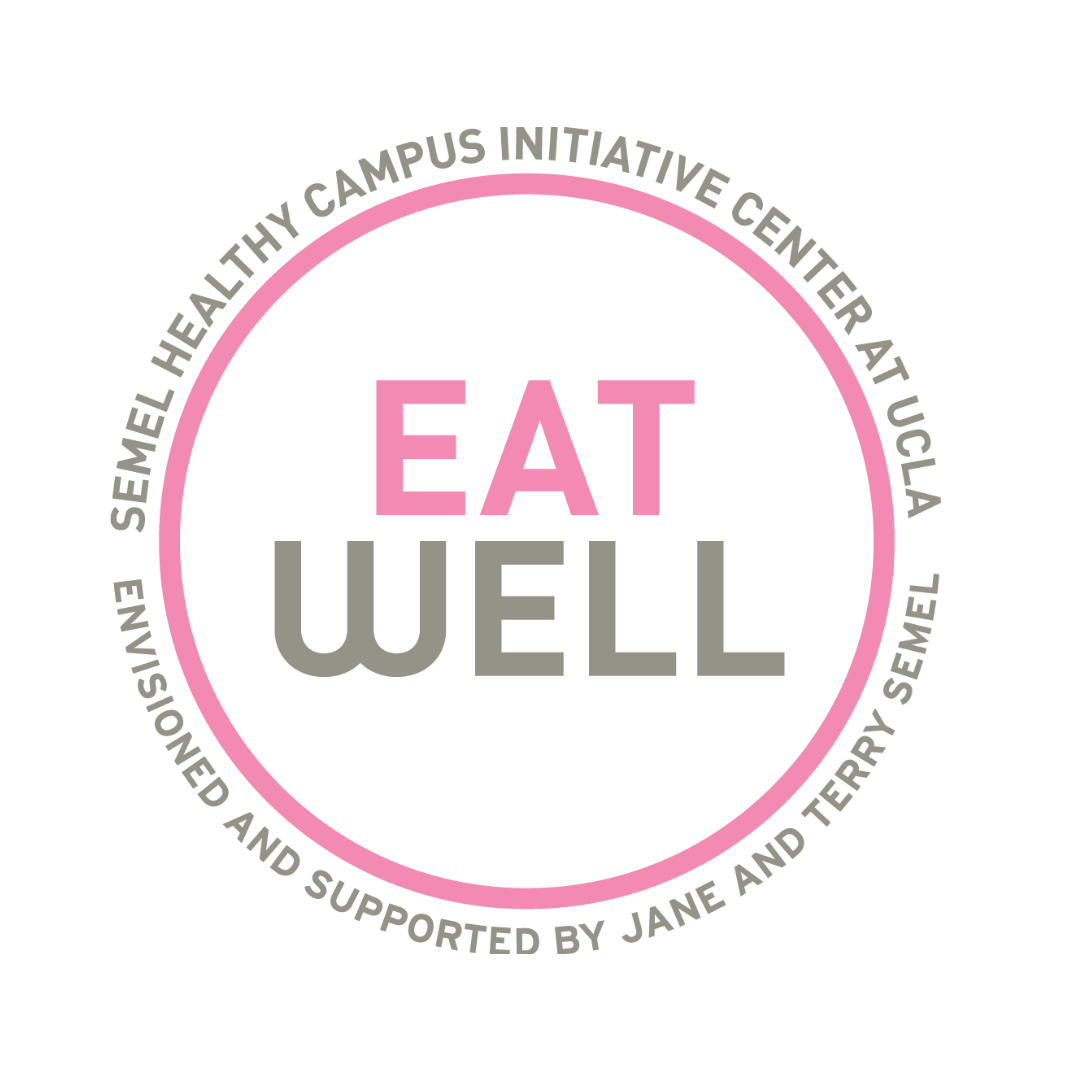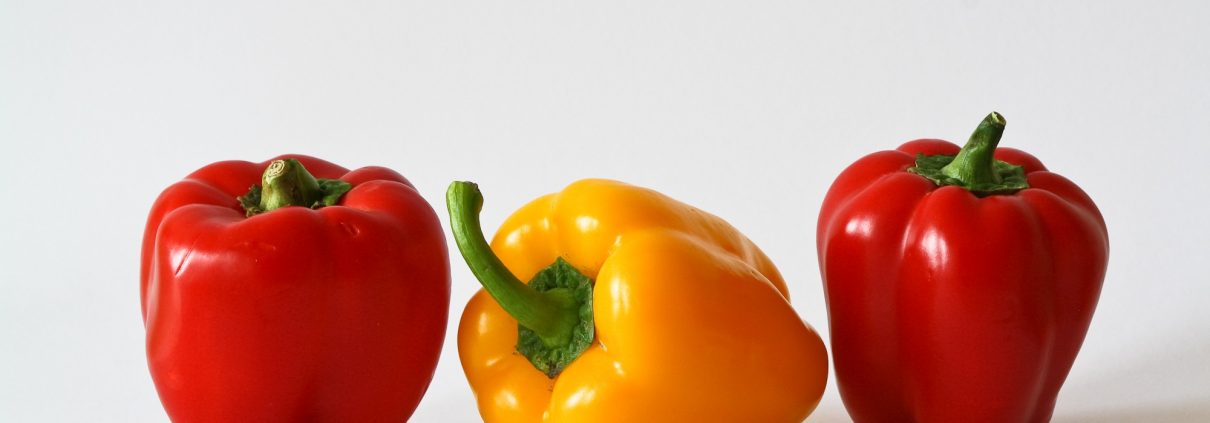Celebrate National Nutrition Month®
By: Catherine Hu, 4th-year Undergraduate at UCLA studying Psychobiology
Juggling multiple exams, papers, and extracurricular activities are just a sample of the busy life of a college student, so throwing in healthy eating habits into the mix can be challenging. As stress builds and late nights heighten sweet and salty cravings, students often binge on less nutritious items; eventually, these continued habits can take a toll on their health.
In support of National Nutrition Month®, a campaign that encourages mindful eating and exercise, here are some ways to “Bite Into a Healthy Lifestyle.”
Snacking: Instead of chips, reach for a piece of fruit, a handful of nuts, or a carton of low fat yogurt to curb pangs of hunger. Nutritionally dense snacks can help provide fuel for optimal studying. Not only will these alternatives help meet nutrient needs for the day, but they can also prevent overeating at the next meal.
Meals: For your meals, try to incorporate fish rich in omega-3 fatty acids such as salmon and tuna into your diet. This nutrient is correlated to improved brain function and cognition, perfect for increasing focus during lecture. Look for whole grains for energy, as well as leafy green vegetables chock full of antioxidants to help delay brain aging.
Students often eat too quickly so that they can return to their schoolwork, only to feel too full and lethargic in doing so. It takes about 20 minutes for the body to indicate fullness to the brain, so it is easy to overeat if only 10 minutes are spent eating. A way to combat this is to have meals with friends, as the time spent socializing may help slow down eating. In addition, instead of scrolling through your phone or watching videos during dinner, consider focusing solely on the meal in front of you and savoring the flavors of each bite. This can help increase awareness of the food and the time taken to consume it.
Hydration: Since the body is 60% water, be sure to drink adequate amounts of water daily (about 2.2 to 3 liters). Water is important, because food that is consumed and stored as energy in the body need to be hydrated with about 4 times as much water per gram of food. In addition, water helps flush body waste as well as deliver oxygen throughout the body. Carry a water bottle around to as a reminder to drink, and make sure to increase intake of water during exercise.
By making a couple of changes and substitutions in your diet, it is not too hard to have good nutrition as busy college student. Once National Nutrition Month® is over, continue to maintain these habits for a healthier lifestyle.
For more information on National Nutrition month, visit https://www.eatright.org/food/resources/national-nutrition-month


